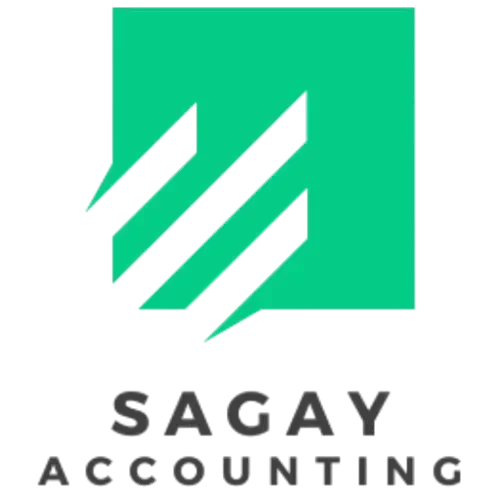How to Prepare for the End of the Tax Year: A Checklist for SMEs
Introduction:
As the end of the tax year draws near, many small and medium-sized businesses (SMEs) in the UK are starting to think about getting their finances in order. While it might feel a little overwhelming, taking the time to prepare properly now can save you time, money, and stress down the line. Plus, it’s a great opportunity to make sure your business is in the best shape possible for the year ahead.
1. Review Your Financial Records
The first step is to make sure all your books are up to date. Take a look at your financial records and make sure everything is properly recorded—income, expenses, and any outstanding invoices or payments.
Here’s what to check:
- Reconcile your bank accounts to make sure they match up with your records
- Organise invoices, receipts, and other supporting documents
- Make a list of any outstanding debts, whether you’re owed money or need to pay something
Having everything in order will make filing your taxes a lot smoother and reduce the risk ofmistakes.
2. Check Payroll and Employee Benefits
Next, take a look at your payroll. If you’ve got employees (or you’re a director drawing a salary), this is an important step. Make sure you’ve got everything in place for the year-end.
Don’t forget to:
- Submit your final Full Payment Submission (FPS) for the tax year
- Provide P60s to your employees by 5 April
- Review any bonuses, employee benefits, or salary decisions
It’s a great time to double-check your PAYE and National Insurance contributions to make sure everything’s in order.
3. Maximise Allowable Expenses
One of the best ways to reduce your tax bill is by making sure you’re claiming all the allowable expenses your business is entitled to. These can help reduce your taxable profits, and every penny counts!
Think about things like:
- Office supplies, software, and utilities
- Business-related travel and mileage
- Training, subscriptions, and professional services
If you’re unsure about what qualifies as an allowable expense, don’t hesitate to ask your accountant. It’s always worth double-checking!
4. Assess Capital Allowances
If you’ve made any big investments in equipment, machinery, or vehicles during the year, now’s the time to look at capital allowances. This could include the Annual Investment Allowance (AIA), which lets you claim tax relief on certain purchases.
Be sure to review your purchases before the year ends to see if you can make the most of these tax breaks.
5. Consider Director’s Loans and Dividends
If you’re a director, you’ll need to check how you’ve taken money from the business. If you’ve taken out any director’s loans, make sure they’re properly recorded. You might also want to consider paying dividends to yourself before the year-end, as long as the business is in a position to do so.
Just be sure everything’s above board, and don’t forget to keep track of how much you’re drawing from the company.
6. Make Pension Contributions
Pensions aren’t just good for your future—they’re also a smart tax-saving tool. If you’ve not yet made the most of your pension allowance for the year, consider making a contribution before the tax year ends. It can reduce your overall tax liability and help secure your retirement.
7. Prepare for Tax Returns and Deadlines
Finally, it’s important to start thinking about your tax return. We all know how stressful last-minute filing can be, so it’s better to get a head start.
Here are some key dates to remember:
- 5 April – End of the tax year
- 31 May – Deadline for issuing P60s
- 6 July – Deadline for reporting benefits and expenses (P11D)
- 31 January – Deadline for Self Assessment tax return submission
By getting organised now, you can avoid the stress of last-minute scrambling.
Need a Helping Hand?
We get it—tax season can feel like a lot. But you don’t have to do it alone. At Sagay Accounting, we’re here to help SMEs like yours navigate this time of year with confidence. Whether you need help preparing your accounts, figuring out allowable expenses, or making tax-saving decisions, we’ve got your back.
If you’ve got any questions or would like personalised advice, get in touch with us today. Let’s make sure your business is ready for the year ahead!







